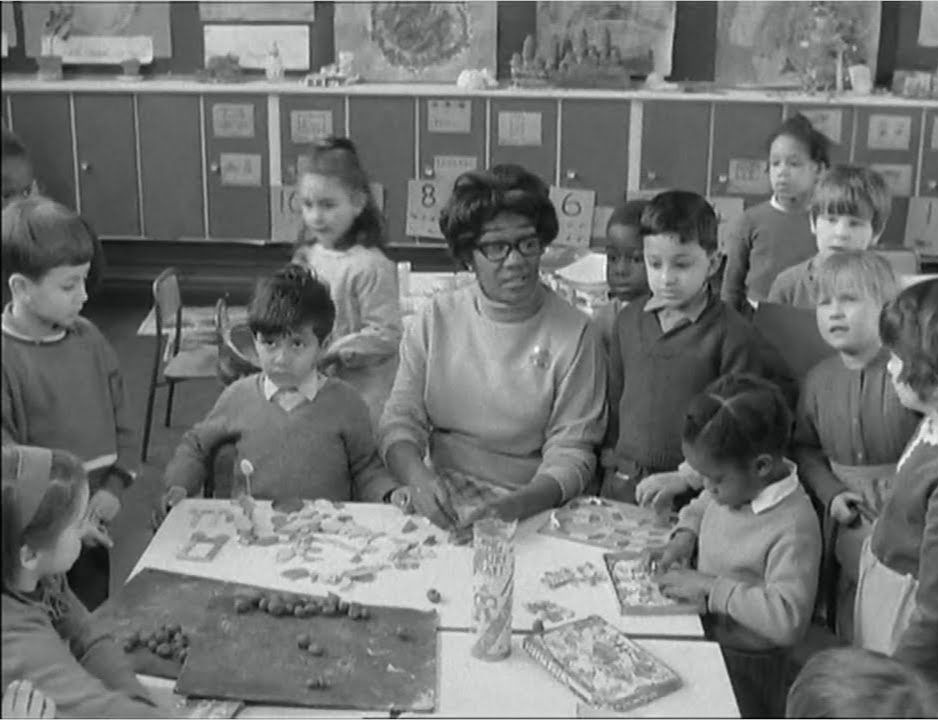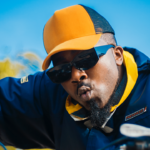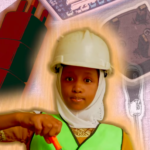When Yvonne Connolly took up a post as headteacher of Ringcross Primary school in North London the British media made quite a fuss. She received racial abuse but did not let the backlash stop her from delivering a good education service to the children of her school.
“The school was inundated by quite a number of newspapers who came to take photographs, journalists who asked silly questions. Particularly, of the children, the school was actually turned upside down for a few days,” Yvonne says.
Questions like “is your headteacher a kind headteacher?, do you like her?” is what she recalls being asked but nobody got to the mark of racism.
Inherent in some of the questions, she says, were phrases almost pointing or highlighting that she was a black headteacher.
Outside the media spotlight Yvonne Conoolly was facing a hostile reaction from some people.
“When I was appointed as headteacher, somebody threatened to burn the school down. I had newspaper articles which had announced my appointment, sent to me, crossing out my photograph with nasty comments. Happily the parents were only interested in whether their children would get a good education and that certainly was my focus.”
Yvonne Connolly had trained as a primary school teacher in Jamaica.
“I think the primary age is a wonderful learning age. The curiosity. The fact that one can help children who are full of uncertainty to move towards confidence, is a mixture of actually teaching them facts but getting them to find out about them, getting them to investigate all of these things.”
She taught them in Jamaica before deciding to go to Egland in 1963.
“I had had so much experience in things which were British history and literature. For example, I wanted to see daffodils, I had read a poem about daffodils and had never seen a daffodil. So it was natural for me to come to England. There’s something about the quality of Britishness which meant something for me which is why I thought this was going to be the best fit for me.”
“I came on what was called a banana boat and that was a very interesting experience because it meant on the 11-day cruise across the Atlantic, I began to get into British or English things. English baps, kipples which I had never had before and it really actually prepared me.”
I came on the 11th of August, 1963 on a very grey day. I was actually taken aback by the greyness and the houses, the redbricks. I could see in fact, smoke coming from chimneys. I wondered what I had done because there was a lack of sunshine, a lack of blue skies, the closedness of houses, lack of space.”
But Yvone Conolly was soon busy teaching.
“I started out as a supply teacher. You were sent to school where they needed a relief teacher and I was very aware that there were racial tensions and quite a number of schools. There were things like I would be given in the staff room. Byt the time I finished my tea I realized that I had the mug which was cracked.
“I would also turn up at the divisional office looking for supply work and somebody would just, I suppose without meaning to say, ‘but you’re black’. And of course my reply was ‘yes I am but I’m also a supply teacher’. So there were actually silly things, small but silly, nothing dangerous but enough to cause discomfort.”
Originally Yvonne had planned to return to Jamaica after three years but she soon got a permanent teaching job and eventually became Deputy head of a primary school. But she says she really hadn’t expected to get a job as a headteacher so soon.
“When I was made headteacher I was overwhelmed because I had gone for an interview just to explore what interviews at that level might be. So I was very surprised when I was offered a headship.”
But Britain in the 1960s was still filled with prejudice. “I was bombarded with quite a number of letters. There were letters from people pointing out that as a balck person I shouldn’t be here. I also had letters from members of the black community who felt that I had sold out to the white establishment and they reminded me in no mean terms I was only here for the black children.”
The letter something like this:
‘Dear black sister, we are writing to congratulate you on your appointment of a headmistress of a whiteman’s school. But we are asking, no we are demanding that you use your position for the advancement of the blak race in this country.’
“So there was a plethora of letters across the range and I suppose in the end, maybe it made me feel that human beings are really interesting and that racism was coming. Both from the white side and the black side therefore I was ok.”
“When I received those letters I felt discontented and a bit afraid actually. It took some time for me to be able to put them in context.”
While there was a responsibility on her shoulders now as she carried the post of being the first ever black headteacher in the country, she says she thinks she did and it’s the reason why she set up the Carribean Teachers Association and the whole idea of that was to help black teachers who wanted to become heads, because often they had the skills but they lacked the confidence.
Yvonne Connolly spent nine years as the headteacher of Ringcross Primary school. She got on with children, and staff of the school very well, she says.














